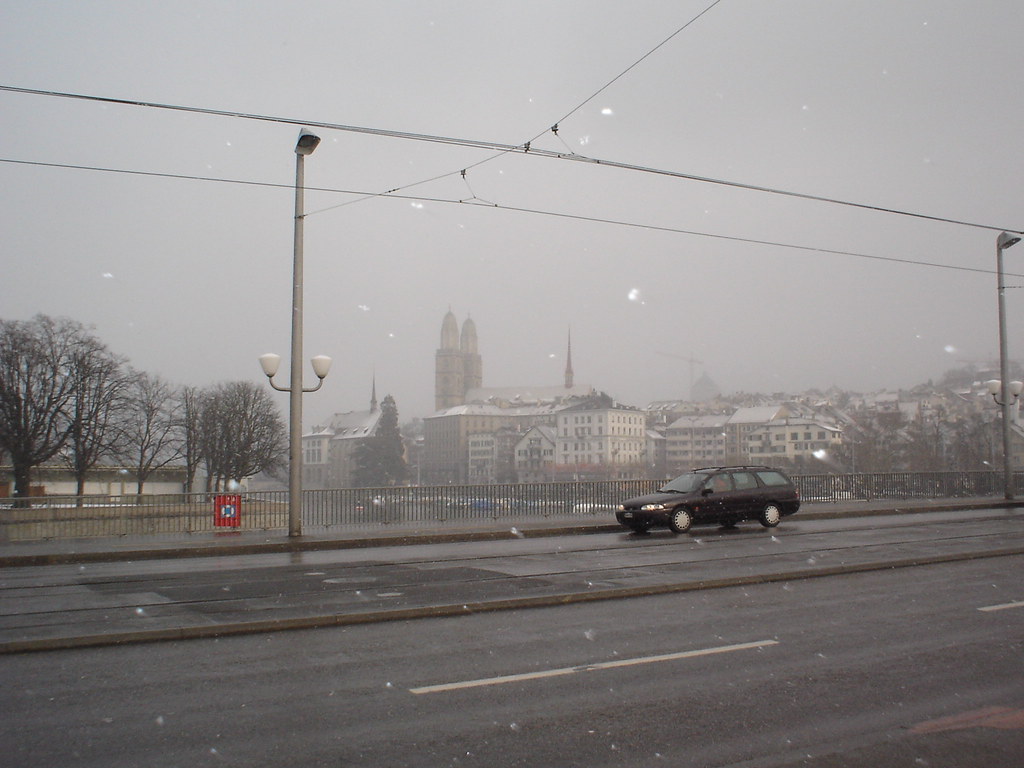Use when: you want to name examples of a subject
Example: you want to list types of transport. You look at a Google image and pick something from the image (example: a hill). You then give this word an adjectival function that modifies 'transport': hill transport. This suggests: sledge, tram, cable car, skateboard etc.
Pre-listing using Google Images
Pre-listing is used to name and list examples of a particular subject.
My obejctive in this example - with the subject 'police' - is to name as many types of police as possible, including types, names, categories, specific examples etc.
Example of pre-listing results for 'police':
Short police, bad police, high-ranking police, local police, London police, new police, potential police, ex police, retired police, dead police, original police, dog-handling police, human police, traffic police, etc.
If I choose to I can be more specific with each example given. For example:
Original police = Peelers
High-ranking police = Sir Ian Blair
or I can use the listed information in combination to make new examples:
Dog-handling London police
Local bad police
I can consider that the impossible ideal is 'name ALL police possible', obviously an ideal I could spend the rest of my life pursuing! I want to make the listing create obvious and non obvious options. I can do this with pre-listing using Google images.
Pre-listing using Google images
With this image:

I simply pick out something I see in the image:
Car
and then that word takes an adjectival function to modify 'police':
Car police
'Car police' is the first item on the list, but I can also use 'car police' to trigger more specific examples, or I can interpret it. I find it's a good idea to set a quota (say five) to both list the obvious and then go beyond the obvious:
Car police = Transport police
Car police = Police trained to drive fast
Car police = Police who investigate car theft
Car police = Police who get to work by car
Car police = Police officers who are car enthusiasts
I can also step up the concept level or describe the car:
Concept level: Car = vehicle
Description: Car = pollutant
and then use 'vehicle' and 'pollutant' as trigger words, with the quota of five again.
Word triggers
I like to use the letters of listed words as word triggers. So with words listed above such as:
Car, vehicle, pollutant
I take the first three letters: car, veh, pol, and use them to trigger more words. I try to list words of one syllable, two syllables and over. For example:
Carpet, carnage, caramel
Vehement
Polite, political, polished, Polish
and then again use these (often with a quota of five) to list further examples.
For example:
Carnage police = police who have been involved in pile-ups, police who investigate crashes, police who have caused accidents, etc.
With a 'difficult' word such as 'caramel' I still try to complete the quota of five, although more thinking is often needed to complete the connection!
Caramel police = police who investigate food standards, police who like caramel (!), police who are 'sweet', police who have caramel for lunch, police with the surname 'caramel' etc
Seeing beyond the obvious choices
I cannot resist the temptation to stretch my thinking beyond the obvious when choosing elements of the Google image and completing my list!
With the same image used above:
I pick out an object (say, the car again, for this example) and then describe it with an adjective (or a word that has a modifying function). For example:
Car = black
Then, with another image such as:
 I set a directive using the modifying word from the first image. Thus: "Name something black".
I set a directive using the modifying word from the first image. Thus: "Name something black".
Two obvious possibilities here are: the writing, the drawing.
"Writing" and "drawing" now become my modifying words:
Writing police
Drawing police
Again I can set quotas at each stage. In answer to the directive "Name something black" I could have forced myself to list five black things in the picture. Also with any listing I can name five further examples triggered. For example:
Writing police = police who've written books, police who write for papers, John Stalker (who seems to be 'rent-an-opinion' when police matters are discussed in the media!), police who enjoy paperwork, police who have taken admin positions due to being injured on the job, etc.
Random images
I find the images using Google image search. For the search subject I simply use a random letter and random number in combination, such as "c 77".
Conclusion
It's obvious that this nice bag of tricks produces some disparate focuses. Also what I like about these approaches is that they uncover assumptions you would make when listing purely from memory: if you were listing police would you think of listing the dogs as members of the police? Would you think of listing people who impersonate police officers? Would you think of listing fictional officers? Tazmanian officers? The approaches above help to create a sizeable chunk of that impossible ideal of 'list everything possible'.


